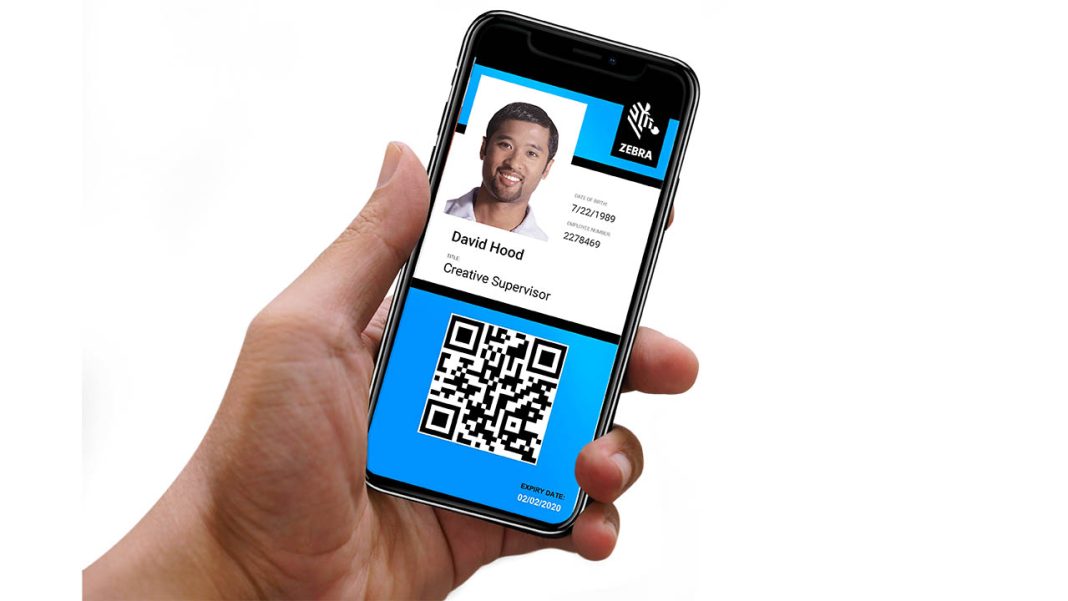 Analysis
Analysis
The Indonesian government’s ambitious plan to have every citizen carry a digital ID on their cellphone by June 2024 is facing significant challenges. As of February this year, the take-up rate for the digital ID was only eight percent, suggesting that the government’s target of 220 million sign-ups by June 2024 is unlikely to be met. This low adoption rate can be attributed to several factors, including poor financial access for many Indonesians.
Indonesia is Southeast Asia’s largest economy, with a projected digital economy of $130 billion by 2025. The digital ID, known as Identitas Kependudukan Digital (IKD), was intended to improve access to public services for millions of Indonesians, particularly those in rural areas. However, with half the country’s population living in rural regions, reaching these individuals has proven to be a challenge. It is estimated that as of 2022, there were 115,892,393 people living in rural areas.
The digital ID also includes a digital wallet that can be used for various purposes, such as banking and purchasing event tickets. Additionally, an instant digital payments service has been incorporated into the project, which includes popular money transfer services like GoPay, OVO, LinkAja, DANA, and the national payment gateway, QRIS.
Funding for this initiative is being provided by the World Bank, which has loaned the Indonesian government $250 million. However, with less than eight million people having activated the digital ID so far, there is still a long way to go to meet the government’s target. The target was set by former President Joko Widodo in 2018 and remains a priority despite the challenges faced.
Indonesia already has an existing digital identification system called e-KTP, which was introduced in 2011 to replace the previous paper-based system. However, the government believes that the new digital ID system will be superior. The application will store various identity documents required by Indonesians, such as the e-KTP, KK (family) cards, child identity cards (KIA), and birth certificates. This digital ID system aims to make it easier for people to access government and private services without the need to visit physical government offices, particularly benefiting those in remote areas or with limited mobility.
Unlike a physical ID card, the Digital Population Identity (IKD) can be accessed through a smartphone application. During the activation process, personal data such as the owner’s existing identification number, date of birth, and photo are recorded. The IKD is one of nine “super apps” being developed under President Widodo’s directive. These apps will cover education, health, social assistance, police services, digital financial services, a national data exchange platform, public service portal services, and administrative services for state employees.
To accelerate the activation process, regional branches of the Population Registration department have opened dedicated service posts in all districts and cities. Officers have also been deployed to visit people directly in the community. The government has also launched large-scale public campaigns to promote the advantages of the digital ID over physical IDs. However, critics argue that the existing e-KTP format could be optimized with better technological infrastructure, making it unnecessary to roll out a new digital ID system.
Despite concerns and criticisms, the government is determined to stick to its timetable and urges the public to activate their digital IDs promptly. The Association of Southeast Asian Nations (ASEAN) countries also view digital ID as a top priority, with many implementing or planning to implement similar programs. The Rockefeller Foundation has introduced the concept of Digital Public Infrastructure (DPI), which promotes the development of identification, payments, and data exchange infrastructures for all countries to adopt.
In conclusion, Indonesia’s ambitious plan to have every citizen carry a digital ID on their cellphone by June 2024 is facing challenges due to a low adoption rate. The government has implemented various strategies to increase sign-ups, but there is still a long way to go to meet the target. However, the government remains committed to the project and believes that the digital ID system will provide significant benefits, particularly for those in remote areas or with limited mobility. The implementation of digital ID systems is also a priority for ASEAN countries, aligning with the Rockefeller Foundation’s concept of Digital Public Infrastructure.


